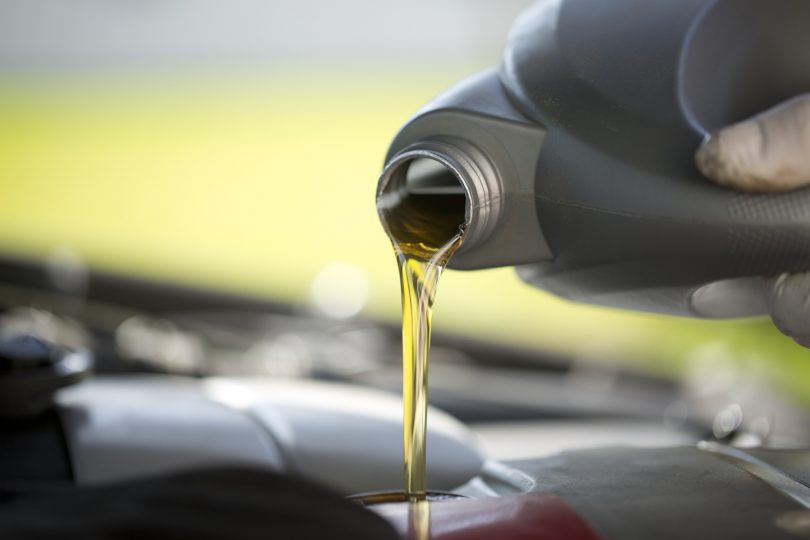Modern-day vehicles have engines that are designed to be smaller in size, however, they are yet more powerful and efficient. They are expected to perform well and provide increased fuel economy with reduced emissions so they work much better than before. For this purpose, the motor oil used has high expectations to deliver well. The engine oil must have a good formulation to make a healthy production of efficient lubricating oils. Some of the features expected from motor oil are increased performance, high dirt dispensing capacity, high viscosity index, high thermal stability and excellent cleaning capacity. Its manufacturing process is not so complicated with ingredients (additives), base oils, foam agents, pour point depressants, process tanks, etc. The motor oil has its lifespan, like everything else so you need to change even the best oils also. The vehicle users more often go for a change in oils with the change in seasons.

In the olden days, people used to take time to regularly check the level of motor oil in their cars but now with the new engine designs and improved motor oil they have dropped this routine of checking to change it themselves. The major role of motor oil is to reduce the friction in the car parts and thus prevent corrosion. It will also reduce the heat and hold in the suspension of the byproducts of engine wear along with the oil degradation products. The auto maintenance can be very difficult if the person has not selected the right motor oil. The make and model of the vehicle will make you consider the type of oil, the viscosity, service classification and whether it meets the industry standards as prescribed by the manufacturer of the vehicle. So to select the right motor oil you need not be an expert at all but it takes the basic understanding of the owner’s manual and the numbers/symbols printed on the engine oil packaging.

Motor oil has improved with the advent of modern times with conventional formulations to the synthetic oils which offer superior performance. Conventional oil is less expensive but requires more changes while semi-synthetic oils are a blend of conventional and synthetic oils. Most late model cars require semisynthetic oil to meet the automaker specifications. Synthetic oils are engineered to reduce the impurities and flow easily at low temperatures while resisting breakdown at high temperatures. According to whiterecovery.co.uk, synthetic oils are mostly used in premium luxury cars and high performing models. Apart from the above mentioned, there are also High mileage oils which contain additives to limit the often experienced problems such as oil leaks and higher oil consumption.

The base oils are the chief support system of the finished lubricant which ends up in the car’s engine. The motor oil can deteriorate with additives depleting over time or by being contaminated. Additives are added to the base oils to enhance the beneficial properties and avoid destructive processes. Although all the motor oils will eventually deteriorate the synthetic oils are known to last longer than conventional oils and provide increased protection against wear and tear. They are resilient to oxidation with the additives offering improved performance. To find out more about this check Buycarparts.co.uk.
